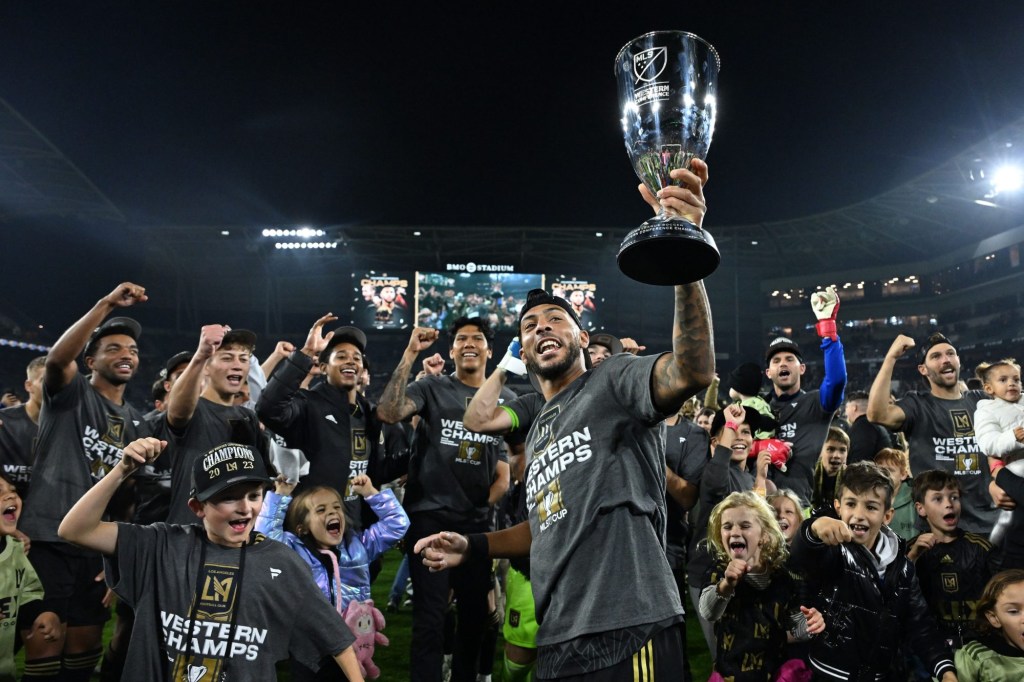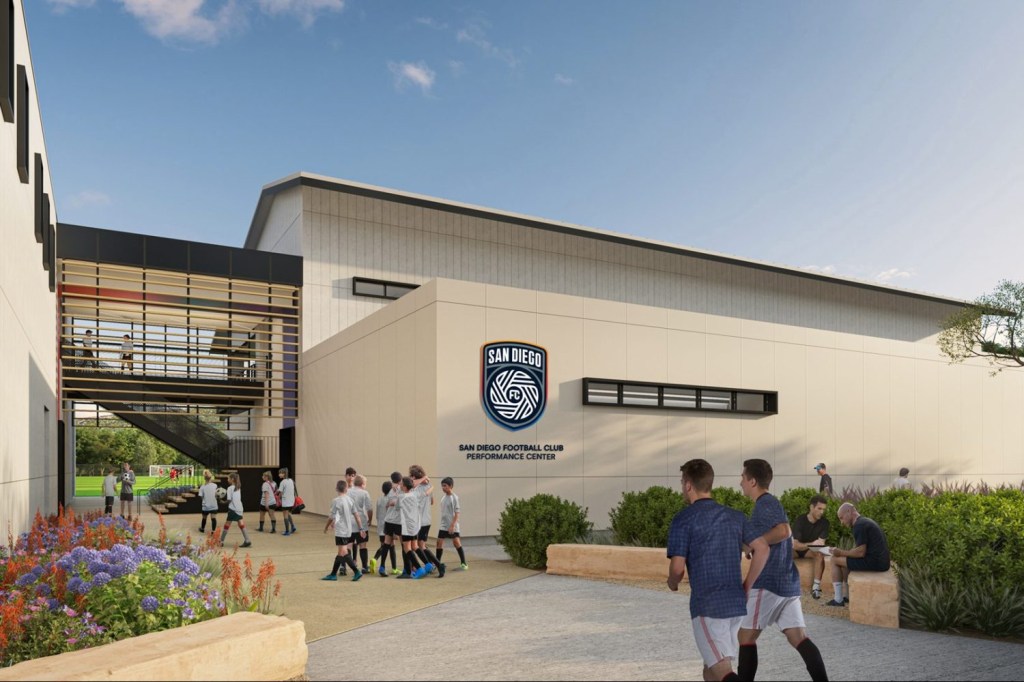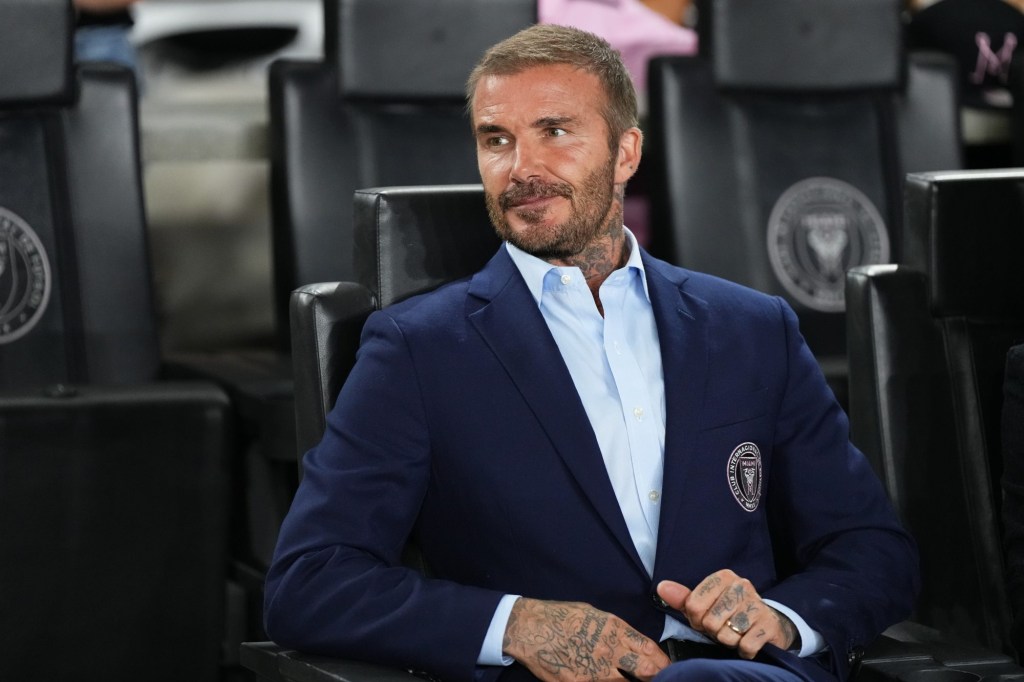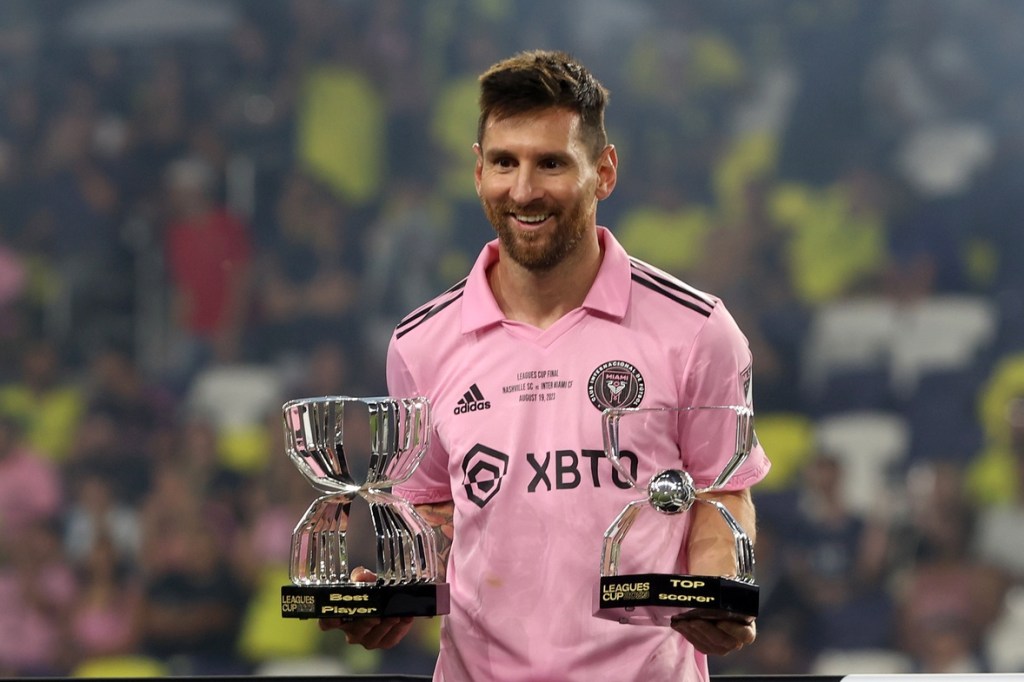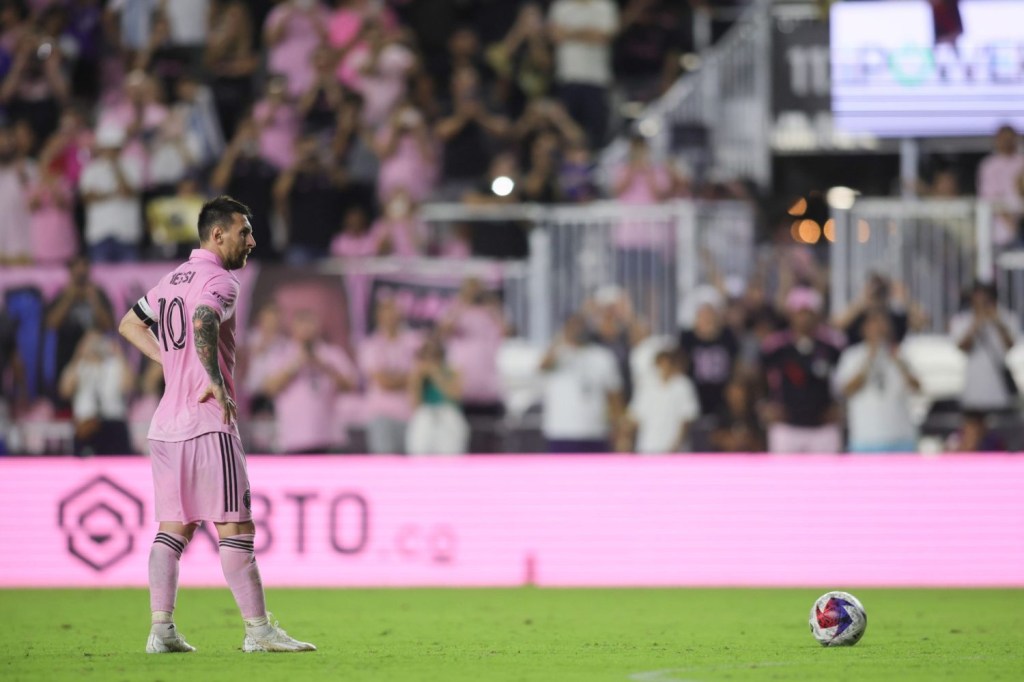The MLS Cup final will crown the league’s first two-time champion of this decade as clubs that couldn’t be more different off the field showcase opposing models to ultimately creating success on the pitch.
Reigning MLS champions LAFC visit the Columbus Crew, who won the franchise’s second title during the pandemic-induced 2020 season. This season, both squads stacked up fairly evenly, each finishing third in their respective conferences before advancing through the playoff bracket to Saturday’s championship.
But when comparing L.A. and Columbus away from the pitch, the differences become crystal clear.
This year, LAFC became the first MLS club to receive a billion-dollar valuation when Forbes pegged the team to be worth nearly double the Crew’s $550 million valuation.
Columbus is six years into the ownership tenure of the group led by Jimmy Haslam, who has compiled a mini sports empire across MLS, the NFL, and the NBA with the wealth from his family’s vast truck stop business, Pilot Flying J. Los Angeles, meanwhile, is led by a pair of private equity investors and the co-founder of Riot Games – but more notable are the team’s celebrity minority stakeholders, including Will Ferrell, Magic Johnson, and Mia Hamm.
The contrast in ownership structures extends to the clubs’ business operations, as both try to strike the right balance between staying competitive and their bottom lines.
A Hollywood Story
LAFC’s season-long title defense has resulted in yet another banner year for the club.
Revenue is up more than 20% compared to 2022, LAFC co-president and chief business officer Larry Freedman told Front Office Sports, confirming last year’s figure was north of $100 million.
This season’s increase includes a 33% boost in corporate partnership revenue. Altogether, LAFC has grown revenue 80% since 2019, the season before the pandemic.
“By the way, none of that includes Leo Messi,” Freedman quipped, meaning: They accomplished that without having to import a soccer legend.
Inter Miami says its revenue from this season will end up around $120 million and projects next season to bring in $200 million as the benefits of signing the Argentinian legend increase. Freedman says he’s good friends with Inter Miami co-owners Jorge and Jose Mas, as well as club chief business officer Xavi Asensi, and they speak frequently about growing MLS.
Yet in the end, LAFC wants to stay competitive both on and off the pitch. “Their revenue seems to know no limit,” Freedman said of Inter Miami’s newfound wealth. “But I think we’re still in the same ballpark and we did it the old fashioned way.”
LAFC’s success has made some initial prospective investors – people who turned down the chance to invest in the club in 2014 – rethink their decisions, Freedman said: “Now they come back around the bend and say, ‘Hey, remember you asked me? Can I still say yes?’”
But the star-studded ownership group isn’t just for show, like some others around sports, Freedman said. “You see a lot of celebrity ownership in sports [that] I would characterize as [a] gimmick — people are not that involved.” Ferrell, for example, has helped provide an array of video content for LAFC, and even did game commentary for one match broadcast.
Despite hitting the $1 billion mark, there is no valuation target for LAFC’s ownership trio of Bennett Rosenthal, Larry Berg, and Brandon Beck, who Freedman believes want to keep the club for as long as possible.
That long-term approach is something LAFC’s MLS Cup opponent prioritizes, too – but there’s a completely different market strategy in Ohio.
Hard At Work
The Crew are one part of the growing Haslam Sports Group, which also comprises the Cleveland Browns and a shared controlling interest in the Milwaukee Bucks. In 2025, the Nashville Predators will also fall under the group when Bill Haslam, Jimmy’s brother, completes his purchase of a controlling stake in the NHL franchise.
“We think about all those teams together,” Haslam Sports Group chief of strategy and development Josh Glessing told FOS. That even includes, to some degree, Aston Villa, the Premier League club co-owned by Wes Edens, the Haslams’ partner at the Bucks.
Together, those five teams have a collective value estimated at more than $9 billion. And the diversity of the assets can be an advantage for maximizing value. “There’s no argument over what dollar’s going where,” Glessing said. “It’s actually been one of the benefits of being in different markets and different sports.”
The franchises have all shared some strategies and resources around things like ticketing, marketing, and sports science to help refine the best operations. For the Crew, the closest integration to date is with the Browns, as the Ohio teams, which have been under the HSG banner the longest, have shared some local sponsors.
And the Crew’s market size — Columbus’s population of nearly one million is actually more than double Cleveland’s — makes for more business than many might expect. “What a lot of people miss out on when they think about Columbus is [that] it’s viewed as a college town,” Glessing said. Corporate sponsorship revenue is up 110% since the Crew’s 20,000-seat Lower.com Field opened in 2021. (Glessing wouldn’t provide specific dollar amounts.)
Columbus certainly isn’t L.A., financially, but these teams will be on equal footing when Saturday’s match kicks off.
Trophy Hunting
The prize money for winning the MLS Cup is not franchise-altering — the victorious club will reportedly receive $300,000, compared to the runner-up’s $150,000.
But earning another trophy goes a long way for any club building further credibility with its fan base and financial partners.
LAFC knows the challenge of competing with their crosstown rivals, the Galaxy, who have won five MLS Cups. Even in 2019, after winning the MLS Supporters’ Shield with the best regular-season record, the burden remained. “No matter what we did, it was like: [Call us] when you win a Cup,” Freedman said.
Now, his club is looking not only for another title, but also to increase its global profile. LAFC has an investment in the Austrian club FC Wacker Innsbruck and has reportedly been exploring the acquisition of Swiss side Grasshopper Club Zurich. Additionally, LAFC has a 50-50 player development partnership with Bayern Munich — Red & Gold Football — that could lead to further collaboration with international clubs.
This offseason, the Crew will add a second party deck to Lower.com Field, after seeing success in 2023 selling the luxury viewing area that can host up to 200 fans at matches. The team will also open its first commercial building with a fully-leased office space.
The overall money the Crew brings in won’t rival that of LAFC, but Glessing stresses the value of a long-term investment strategy: “We’re not taking a short-term approach, year in and year out, of ‘Does this help us generate more cash flow? Yes or no.’ ”
Varying club strategies and financial models brought these clubs to the league’s peak in 2023. And for now, we have a Hollywood-meets-midwest matchup to determine this season’s MLS champion.




